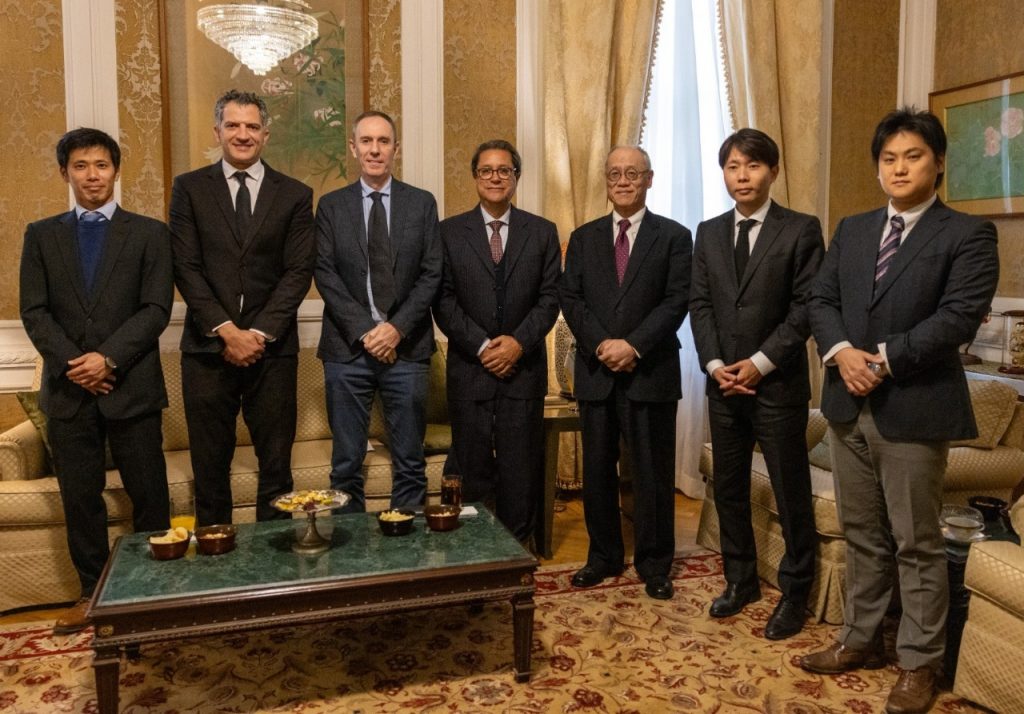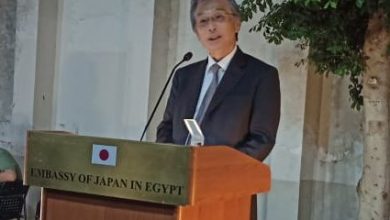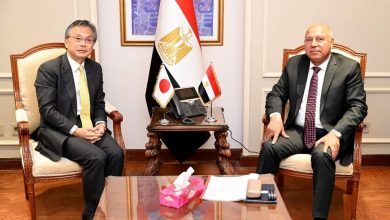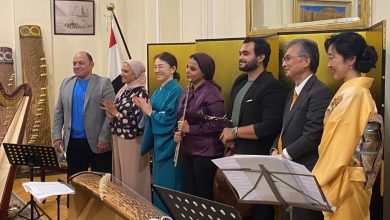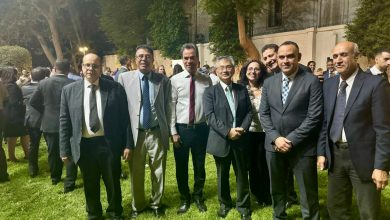Government of Japan and ICARDA Collaborate to Enhance Food Security in Egypt
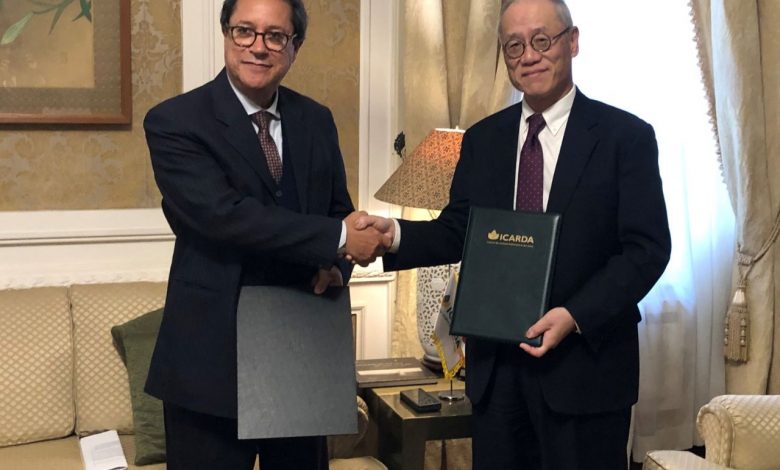
Cairo- Nessma Youssef
The Embassy of Japan in Egypt and the International Center for Agricultural Research in the Dry Areas (ICARDA) exchanged letters on January 27, 2025 in Cairo to launch the new project “Improving Food Security in Egypt Project”.
The project, made possible through a US$750,000 grant from Japan, targets the governorates of Qena, Minya and Kafr El-Sheikh to enhance the resilience of the agricultural sector, improve resource utilization, and support the livelihoods of rural communities. The project will be implemented in collaboration with the Ministry of Water Resources and Irrigation and the Ministry of Agriculture and Land Reclamation.
The project aims to empower rural communities in Egypt to address the growing challenges of delayed food security resulting from climate change, rapid population growth, and scarcity of resources.
The main components of the project include the introduction of clean energy-powered irrigation systems, the reclamation of salinity-affected lands, and the provision of high-quality seeds and modern agricultural technologies. These efforts are expected to directly benefit smallholder farmers and build the capacity of agricultural extension agents and irrigation engineers in Egypt.
The project will integrate advanced technologies, such as solar panels for shading, buried cement-lined pipes for water distribution on farms, internal drainage networks for water filtration and conversion of highly saline fallow lands into productive agricultural/aquatic lands, small solar-powered post-harvest units, and the use of ICARDA’s GeoAgro-Misr application for digital agricultural consulting, to increase water and energy efficiency while supporting sustainable agricultural practices. The project will also focus on social inclusion by enabling women farmers to access training, providing small-scale agricultural processing units, and enhancing women’s participation in decision-making.
“This partnership underscores the power of international cooperation in addressing pressing issues related to food security and climate change resilience. It is a great honor to work with the Government of Japan to implement our innovative solutions on the ground. I am confident that this project will create sustainable impacts for the agricultural sector in Egypt,” said Eng. Ali Abu Sabaa.
The meeting between Eng. Ali Abu Sabaa and the Japanese Ambassador to Cairo, Iwai Fumio, highlighted the collaborative activities that have contributed to reducing rural poverty in Upper Egypt and the Nile Delta regions, through improving water conservation mechanisms, increasing agricultural productivity for small farmers, and creating economic opportunities for poor rural households. They also discussed how ICARDA’s innovations, coupled with several complementary interventions, have helped bridge the gap between research and scalability of bilateral activities.
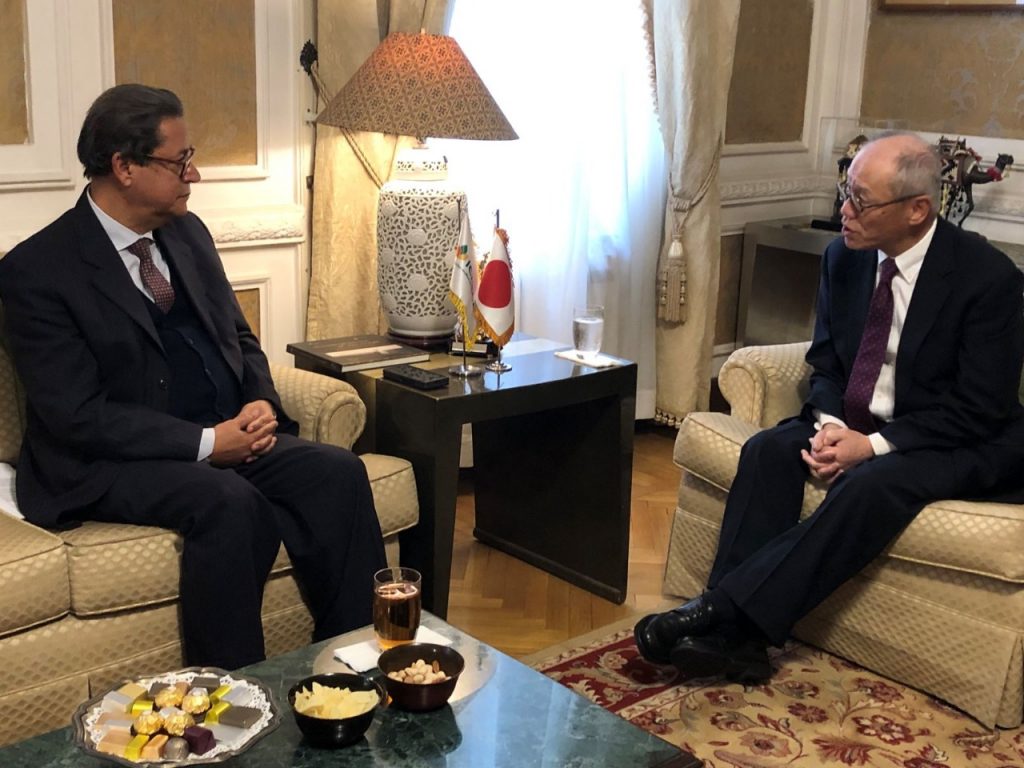
“Enhancing food security is one of Japan’s priorities, and even under the influence of factors such as increasing food demand and climate change, sufficient and safe food must be available to all people, at all times,” said Ambassador Iwai. “This collaboration with ICARDA will contribute to enhancing water and food security in Egypt, and maintaining peace and stability in the Middle East and Africa region,” he added.
The Food Security Improvement Project in Egypt is in line with Egypt’s Sustainable Agricultural Development Strategy 2030 and the United Nations Sustainable Development Goals, particularly Goal 2 (Zero Hunger) and Goal 13 (Climate Action).
This collaboration builds on the long-standing partnership between Japan and the Consultative Group on International Agricultural Research (CGIAR), the global agricultural research network of which the International Center for Agricultural Research in the Dry Areas is the designated research center for Central and West Asia, North Africa and the Middle East.
Since joining CGIAR in 1972, Japan has played a pivotal role in promoting agricultural research and innovation, particularly in addressing water and land scarcity in dry areas. Notable successes include pioneering work on supplementary irrigation and rainwater harvesting, technologies that have rehabilitated degraded pastures and boosted agricultural productivity in water-scarce regions.
Recently, in Egypt, FAO, in partnership with the International Center for Agricultural Research in the Dry Areas (ICARDA), received a grant of JPY 520 million (about US$ 3.8 million) from Japan for the “Enhancing Agricultural Productivity” project, which addresses critical food security challenges associated with global instability and climate change by focusing on smallholder farmers in rural areas, including Upper Egypt and the Nile Delta, through the deployment of advanced technologies such as solar-powered pumps, photovoltaic greenhouses, lightweight terracing machines, and climate-resilient crop varieties, with the aim of improving crop yields, increasing water use efficiency, and improving rural livelihoods.
